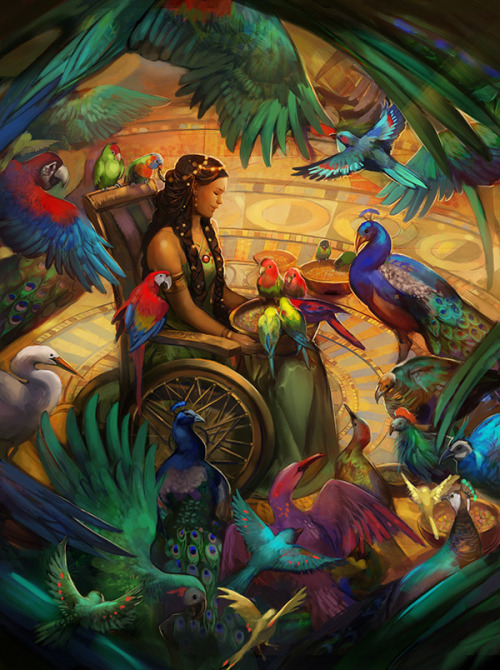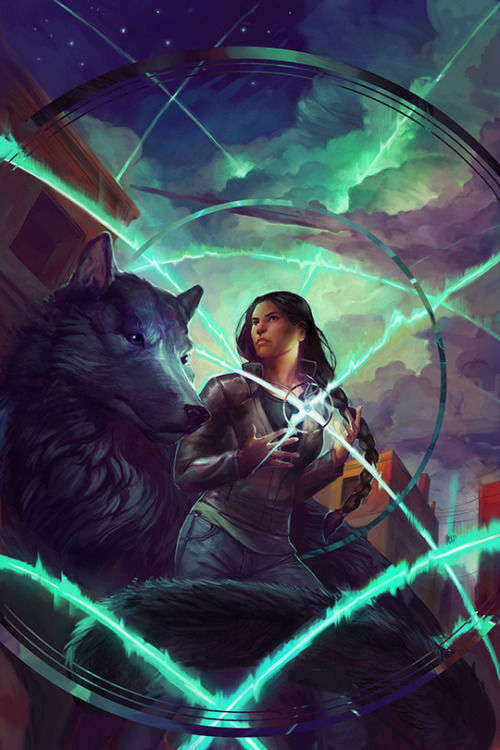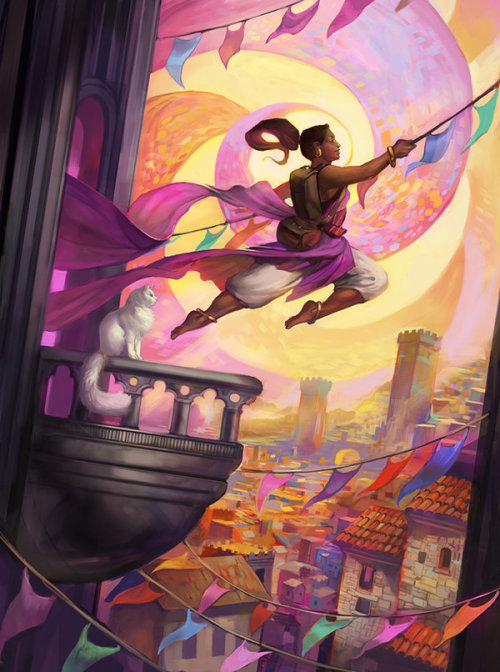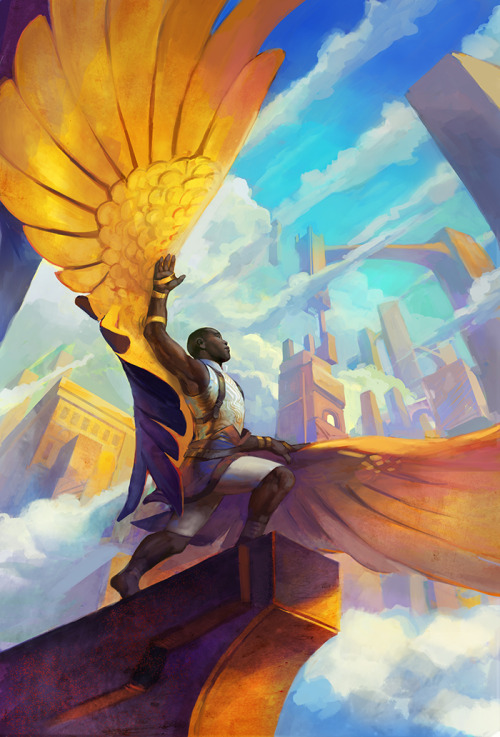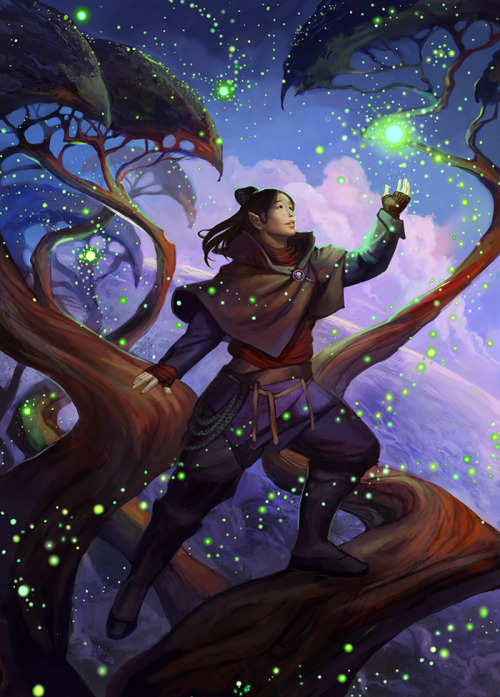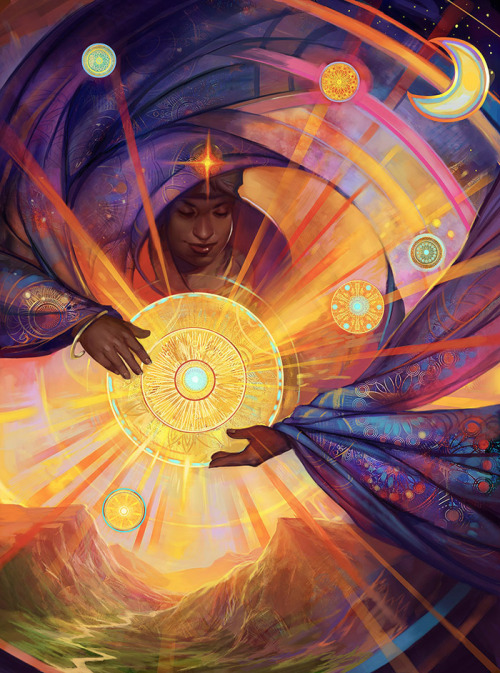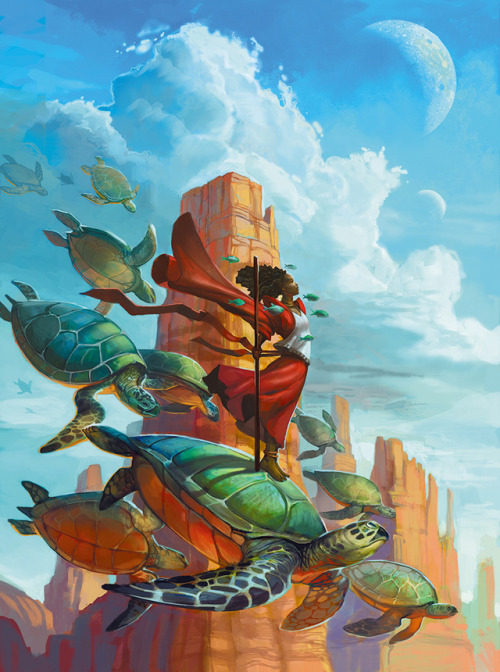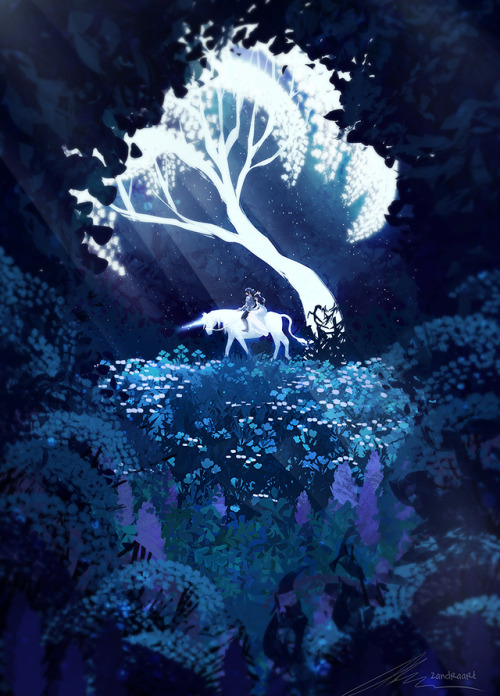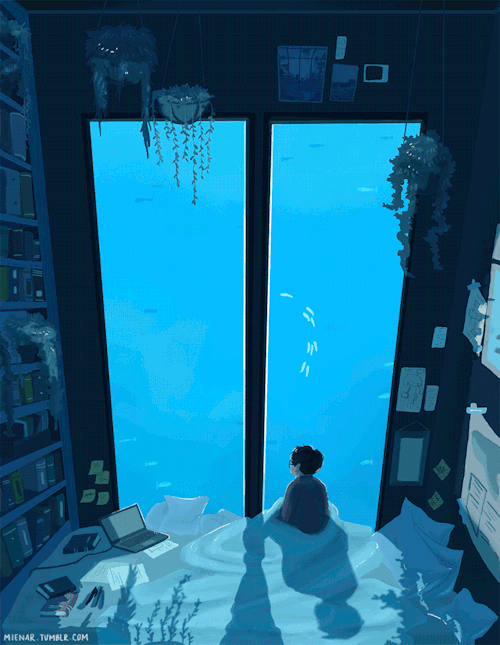Lunarpunk - Blog Posts
A lunarpunk book recommendation:
The Darkness Manifesto: On Artificial Light and the Threat to Our Ancient Rhythm by Johan Eklöf. It's a nonfiction book regarding all the ways artificial light disturbs animals and human beings. Johan himself studies bats in Sweden and I think people who want to take a more activist approach to lunarpunk would love this book! ^^
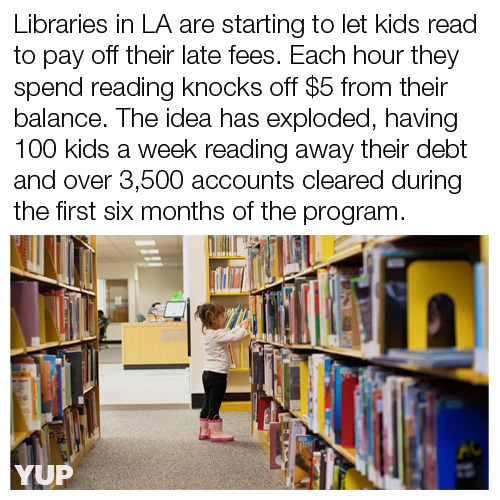
Follow us on Instagram too: https://www.instagram.com/yup.that.exists
Lunarpunk Futures
All digital media is free to download and access by all even academic journals. But that doesn’t stop you from getting physical copies of your most cherished books on your shelves.
Study sessions and debates that bleed into the early morning hours at cafe’s with friends about philosophy, politics, and religious thought when your not engaged in actual study for one of your chose degree paths which are all free at your local university and online.
Late nights spent among strangers with telescopes pointing out the stars and learning their names.
Hacked fabric printers to print customized clothing in any size, shape, color, or pattern required. Need a skirt that looks good in a wheelchair? Check. Need a religious article of clothing? Check. Wanna change that to a bamboo silk instead of cotton? Check. Wanna put your own touches and designs on a pre-made base? Done.
Multilingualism is the norm and there are meetups to learn and share languages with each other.
Tablets that have great internal storage capabilities as well as settings for every language, blue light filtering, captions, font changes for dyslexia, dark mode, and more all built in by default.
Voting has taken on a whole new meaning with debates about the benefits or problems with bills, elections, etc. Voting is done regularly and with more public participation than ever before.
Every person has a guaranteed income that is above the poverty lines of the past, increases over time, and housing and healthcare are guaranteed.
Solar lanterns in tea gardens late at night listening to splash of koi fish while reading Basho.
Accessibility is built in by design in every building, walkway, path, etc. with bioluminescent lighting as needed.
Every home and apartment grows their own herbs, fruit trees hang over bioluminescent permeable sidewalks, and wild permaculture gardens are in every backyard.
Grocery stores contain zero advertising, offer delivery if needed, biodegradable and plastic free. Everything is designed to be recyclable or returned to nature is a beneficial way.
Rules on light and sound pollution preserve natural biological systems and keep wildlife stress to a minimum. Public transportation is the norm, there are still bicycles, electric mopeds, and wheelchair accessible self-driving taxis.
There is an online veggie trading system that allocates veggies to those who need them from those who have too many.
University is open to everyone and lifelong learning is emphasized. Emphasis is on learning and understanding topics not passing exams.
There are libraries, water bottling refilling stations, and green-spaces are the default.
*That’s all for now, I’ve currently got a cold and can’t think of anything else atm. I’ll try to keep posting things like this in the future though. :)
I honestly think that we would eliminate one of the major causes of ableism if we stopped basing people’s worth off how much revenue they generate.
adults are always talking about how “kids will do anything to get out of school” and okay, first of all that’s not true, but I think we really need to ask why that idea holds so much sway.
children’s brains are hard-wired to take in new information and acquire new skills. consider, for a moment, just how thoroughly our society had to fuck up the concept of education for it to be a normal thing to assume kids are universally desperate to avoid learning.
Right to Darkness/Right to Night
Human beings have lived with a relatively strict day/night cycle for as far back as humans have been around. Yes, there was fire, but the rooms were still relatively dim, and outside was almost always just lit by the moon. Daily darkness, where not much could get done has been a part of human culture and biology forever.
Now we have the problem of light polution, where the light of electricity spreads everywhere and then you can’t see the stars at night in the cities. Obviously it’s good that we have electric lights. There are many people who want to be out doing things at night. But it’s also a problem, because for most, nightime is a time of calm and processing the day, and it can be difficult for the human brain to know that it’s time for that to happen if it has too much light coming at it.
I think in Solunarpunk societies, people would have a recognized right to darkness/night, that made itself apparent in the design of light sources and buildings, so that anyone who wanted to could enjoy the dark, cool, and quiet regardless of where they live.
This could manifest as rules about how streetlights can be made, so that the designs that are used are the ones that have the least amount of light seepage
Possibly different light zones, so the bars and clubs and other nightime activity stuff is all in one area, so those people can be safely lit, while other neighborhoods have street lights that only come on if someone is walking there, and are as unobtrusive as possible, so that people can stargaze and sleep in peace.
Inside houses, there might be automatic window darkeners that activate whenever you turn on a light, so the outside isn’t affected, that then turn transparent when the light is off for long enough.
Most houses would have smart lighting with a “night mode” that kept the lighting warmer and dimmer. If you had no lights on, red floor lights will turn on if it senses you moving so you can see where you’re going in safety.
Or maybe people just start using their night vision for more things. People just don’t turn on the lights at night if they don’t have to.
I imagine that in a right to night would also mean that it would be expected that work ends at sunset. People are free to pursue their own passions at night, and are free of daytime responsibilities. No one could pressure someone to stay later than they wanted to, but especially after sunset, because that would be extremely rude and people would call them out for it.
Stargazing would become an important family activity. Children would grow up knowing the names of all the constellations they could see, as well as the names of the planets and the stars. A sense of wonder about our universe would begin to arise again in our society.
Any moon bases built in the future would be on the side of the moon that always faces away from us, just in case the light could be seen at night. There would be observation sites on the side facing Earth that are too small to be seen, but are connected to each other underground. These observation sites would be open and available all the time, for anyone to come and marvel at the beauty of our home planet.
Little things that help moods:
- getting enough sunshine - opening the curtains - eating regular meals - short walks with your favourite music - don’t stay up until 3am - don’t try to relate to tumblr text posts - get off tumblr/social media if it’s unhealthy - shower - don’t stay in bed the whole day - plan out your day - listen to music - change your clothes - set yourself small goals - say yes to fun events - drink water, it takes 5 seconds - talk to a close friend - remind yourself: a bad mood can lie to you - you’re not unwanted or hopeless - you deserve love so be nice to yourself
What is Lunarpunk?
So far, I feel like solarpunk has been the thing that’s well defined in terms of what it means to people. It is not just an aesthetic, it is a vision for the future, and an activist methodology. Learning how to grow your own food in your backyard in a bucket in 2018 is just as solarpunk as delicate and elaborate solar jewelry that also functions as your phone.
This is the same with lunarpunk. There are things you can do now in your life that are anti-capitalist and punk and easily accessible, and there are beautiful aesthetics that capture the feeling we want our future society to have.
I believe that lunarpunk is the other side of the coin of a solarpunk society, and that a fully solarpunk society without its lunar counterpart wouldn’t be complete. That in every person there are two parts and those parts correspond with the day and the night.
Daytime is a time meant for experiencing this world. Science is a daytime thing, and so is getting your errands done and making phone calls. The sun illuminates our world in such brightness that it can’t and shouldn’t be ignored.
On the flipside, nighttime is for spirituality, and transcending this world. It is for experiencing art and stories and music and integrating them into our selves. Its for getting high. Its for watching the moon and the stars and contemplating your place in the universe, and it is for dreams.
Human beings need both sides of this coin. They need both science and spirituality in their lives. I think that right now (at least in the US) people focus too much on the daytime sides of themselves, and neglect their more personal and spiritual needs.
Now, solunarpunk definitely resembles this philosophy that I have. On solarpunk blogs you get lots of articles about the newest scientific breakthrough, and gardening tips. However it also delves into lunarpunk territory a bit, with the emphasis on beauty and happiness and art being Incorporated into almost every design that I see for the future. I think that this is great, and we can not completely separate the sides of the world. There has to be bleedthrough or else it just ends up with two different cultures. I think that the solarpunk community on tumblr is very well balanced.
However, lunarpunk is a little bit less understood, because in western society, individual spirituality isn’t a bit priority. This means that there are way less lunarpunk blogs than solarpunk blogs. Those that I have seen have been mostly posting about aesthetic, and stories about the distant future. Again, this is great! I love seeing all of that stuff! But I want to post more about the things we can today to become lunarpunk, the way that there are gardening tips on solarpunk blogs.
Well, this was a good talk. Now I have something to look back on if I get confused about what I’m supposed to be doing. Hopefully someone got something out of this.
Everyone should garden
Sometimes when I’m talking to people about sustainability they’re like, “well, not everyone wants to garden” and it’s like, on the one hand I’m sure that’s true because of the diversity of the human experience means that someone out there would hate gardening no matter what.
But on the other hand…. what???? Why would someone NOT want to experience the miracle of life and then have the freshest ingredients possible to cook with??? All while releasing no green house gasses and being super cheap???
Humans have literally lived forever surrounded by plants with cultivating plants as a vital part of how we have lived for thousands of years and you’re telling me that we should stop doing that because some people don’t like to garden??
Gardening isn’t a hobby! It’s a way of life that we all need to be living if we can because our current way of life is unsustainable! Also everyone that can garden should so we can support the people who can’t. Gardening is what made us human and we can’t stop now.
THE HISTORY THESE RUINS MUST HOLD

I want to know it


